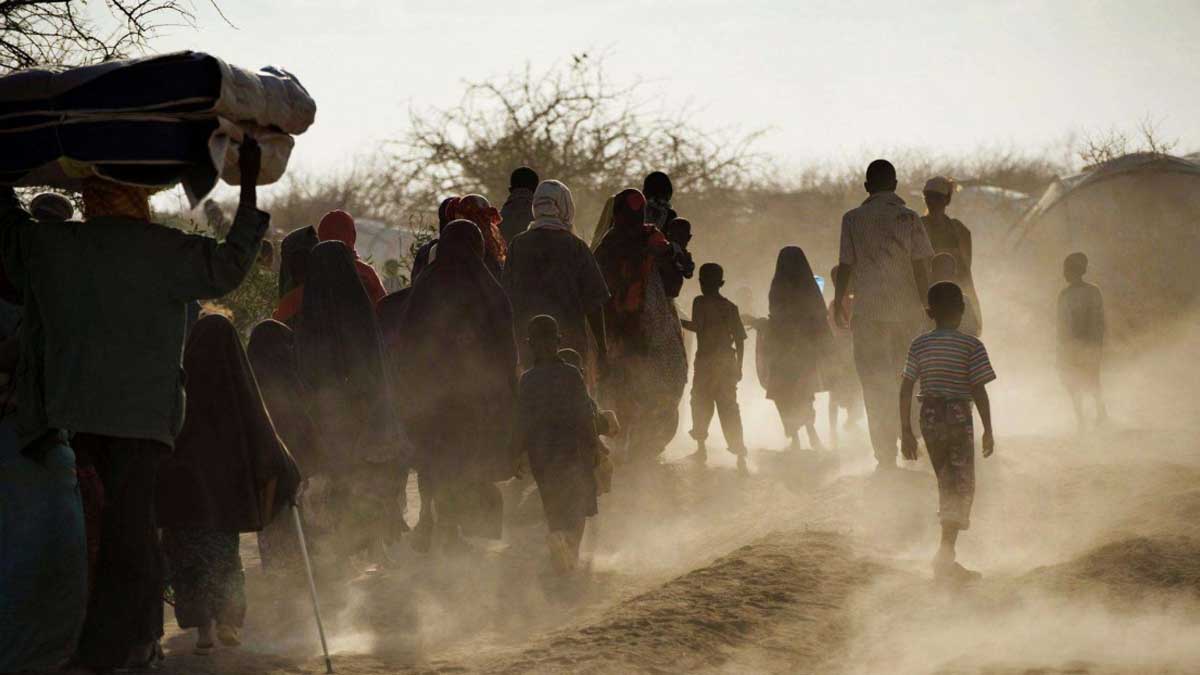
A report by Oxfam has detailed that funding needed for climate disasters has risen more than 800% in 20 years, with half of all requested funding being unmet today.
Danny Sriskandarajah, Oxfam GB’s chief executive, described the finance gap as “unacceptable”.
Speaking to the Guardian, he said : “Rich countries are not only failing to provide sufficient humanitarian aid when weather-related disasters hit. They are also failing to keep their promise to provide $100bn a year to help developing countries adapt to the changing climate, and blocking calls for finance to help them recover from impacts such as land that’s become unfarmable and infrastructure that’s been damaged.
“Wealthy countries like the UK need to take full responsibility for the harm their emissions are causing and provide new funding for loss and damage caused by climate change in the poorest countries.”
Campaigners have highlighted that the UK actually cut aid to climate-disaster struct countries before last autumn's Cop26 conference in Glasgow. Following on from this rich nations blocked attempts at the conference to set up a financial mechanism to cover claims for loss and damage. The report details how rich counties have contributed an estimated 92% of excess historical emissions, and are responsible for 37% of current emissions, despite being home to only 15% of the global population. The report adds that between 1990-2015 the carbon emissions of the richest 1% of people globally were more than double the emissions of the poorest half of humanity. Despite this rich countries, corporations and individuals most responsible for climate change are failing to pay for the harm they are causing.
Low-income countries are hardest hit by climate change but have contributed very little.
Asad Rehman, the director of War on Want speaking to the Guardian, added that the report showed “the brutal reality of a climate apartheid that is unfolding before our eyes”.
“Rich countries are committing arson on a planetary scale and refusing to stop pouring more oil and gas on the fire they started. But when faced with the bill for the damage they have caused they claim to have empty pockets,” he said. “It’s a deadly response shaped by a colonial mentality that for 500 years inflicted injustice and inequity, with the lives of those with black or brown skins in poorer countries deemed less valuable to those of western citizens.”
